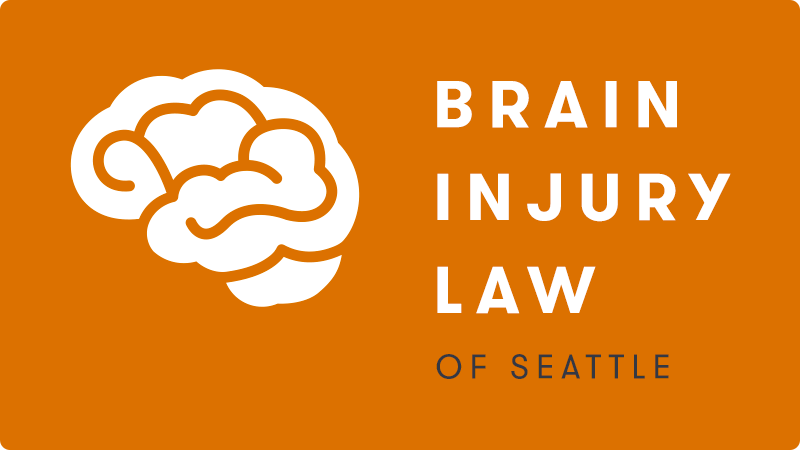If you have had a concussion, definitely consult with your doctor regarding when you should go back to work. Be sure to describe clearly what your work entails to your doctor and what challenges you think you might have.
Returning to work depends upon the various factors involved in the different types of work and working conditions. Work and working conditions might be different for every individual.
Few working conditions, which are to be taken into consideration, are:
Page Contents
1. Loud Working Environment
If you work in a loud environment with lots of stimulation, tell your doctor about it so they can determine if it is safe for you to go back to work.
2. Work Includes Driving or Operating Machines
Suppose you drive for a living or operate heavy machinery. In that case, you definitely need to check in with your doctor about when to return to work so you do not endanger yourself or others if you are still suffering the effects of a concussion.
3. Brainstorming Job
Suppose you work in an office setting and have to make decisions involving varying issues at once. This may be a challenge for you as well, as you would be tapping into what is known as the brain’s executive function, which is what allows us to manage several things at once seamlessly. If your ability to concentrate and manage many things at once is affected, your job will be too.
4. Long Hours in Front of Screens
If you stare at computer screens all day in your job, you will probably find this affects your brain injury by aggravating your headaches and vision.
Bottom line: Take some time to rest and let your brain recover before going back to work, and consult with your doctor about when a good time to return to work would be.

WHETHER TO INFORM YOUR EMPLOYER ABOUT YOUR BRAIN INJURY
When you get back to work, it may be good to tell your employer about the brain injury and how it has affected you so they understand what is going on. We often hear people say that they do not want to tell their boss about having a brain injury as it may threaten their job. We completely understand this position may be necessary at times to preserve a job. However, we would also point out that by saying nothing to your employer, and if you make a cognitive error that results in your employer wondering why you are making such basic mistakes (i.e., inattention, drinking, drugs, emotional issues, etc.), and potentially assume the worst about your approach to working. This is particularly true because most brain-injured people, by the end of the day, are fatigued and cannot do their job and first thing in the morning. Your employer needs to know why that is the case.
BENEFITS OF INFORMING YOUR EMPLOYER ABOUT YOUR BRAIN INJURY
We believe it is better to control the narrative by telling your employer about your brain injury so that three things happen.
1. To Avoid Any Negative Attribute
First, they do not assume any of the negative attributes about you mentioned above. Instead, know that any mistakes are unfortunately the result of the brain injury, and will typically work with you to find ways they are not made again. If the mistakes of this type can endanger others, then your employer needs to know this too in order to take appropriate steps to have you do different things until your recovery is more advanced. We have found that employers who know you have a brain injury will be much better about working with you to get through your challenges than if you do not tell them.
2. Secure The Job Under ADA
Secondly, suppose you inform your employer that you have a brain injury. In that case, they are then duty-bound under the Americans with Disabilities Act (ADA) to accommodate you as necessary until you recover. If not, then determine how to adjust you if you can still perform the job’s essential functions.
3. Good for Legal Aspects
Third, if your employer and co-employees know about your brain injury and see how it affects your job, and your case eventually has to go to trial, these employers and fellow workers make excellent witnesses in your case because they don’t have any “dog in the fight.” Brain injury attorneys suggest, that jurors and judges tend to give them far more credibility than family members. Suppose they tell the story about how hard you fought to get back to work and how you continued to try despite making some errors at work. In that case, this is a far better narrative than an employer talking about your mistakes but saying they thought it was due to something like laziness, potential drinking, or emotional issues versus a brain injury.
For any legal consultation or to get a professional personal injury lawyer for your case, contact Brain Injury Law of Seattle today.






